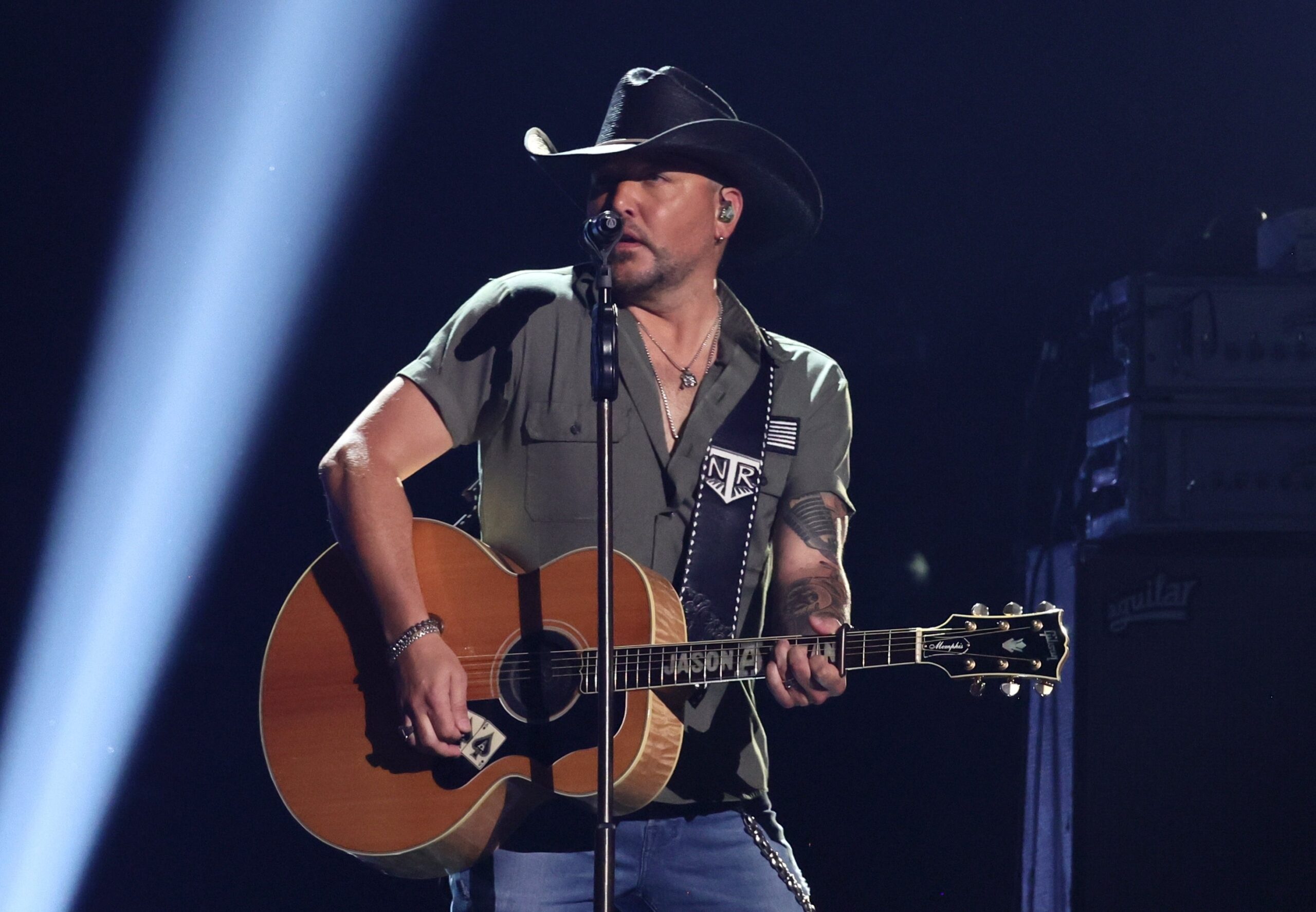Country singer Jason Aldean still doesn’t see a problem with his “Try That in a Small Town” song and video. The controversial hit single has been the subject of criticism, as Black people recognized very uncomfortable and very familiar language and imagery in the track.
Suggested Reading
At one point, the award-winning star sings, “Try that in a small town/See how far ya make it down the road/Around here, we take care of our own.” There were complaints that this invoked memories of sundown towns, where Black people would face violence if they were in town after the sun went down.
The loudest backlash came from the video, which featured clips of people supposedly rioting and looting, but very much looked like they were meant to be Black Lives Matter protests. Internet detectives proved that many of the clips weren’t actually the “real news” footage the singer said it was.
In the aftermath of the criticism, Aldean stood by his song and video, stating that it was not racist. On Wednesday, in an interview on CBS Mornings, the “She’s Country” singer continued to question the controversy.
“But there was people of all color doing stuff in the video,” he said. “That’s what I don’t understand. You know, there was white people in there. There was Black people. I mean, this video did not shine light on one specific group and say, that’s the problem. So anybody that saw that in the video, then you weren’t looking hard enough in the video is all I can tell you.”
Amid all the problematic issues surrounding the song and video, a particularly troubling revelation was the history of a Colombia, Tenn. courthouse used as a location. It was the site of a young Black man’s lynching in 1927. Aldean said he didn’t know the history of the courthouse, because to him it’s just the place where he “goes to get my car tags.” He did say if he knew the history ahead of time, he probably wouldn’t have chosen it. He added that its history isn’t exactly unique in the south.
“I’m not going to go back 100 years and check on the history of this building,” Aldean said. “Honestly, if you’re in the south, you could probably go to any small town courthouse, and be hard-pressed to find one that hasn’t had a racial issue over the years at some point. That’s a fact.”
The “Don’t You Wanna Stay” singer went on to explain that he wrote the song to address “lawlessness” in cities, and how he feels about “disrespect for cops.” The fact that “the narrative got switched over and became more of a racial-type thing” is about the listener’s intentions, not his.
Let’s play devil’s advocate for a moment and take Jason Aldean at his word. He simply wrote a song about living in a small town without realizing it would stir up all these controversial feelings for people. OK, but when you have Black listeners telling you that your words have a racist meaning that you may not have recognized, why not examine your own blindspots and be more understanding? Yes, you’re an artist who has every right to defend your music, but the way you tried to gaslight Black people by pretending there couldn’t possibly be other meanings to those lyrics was disrespectful. Considering your influential status in the country music world, it would’ve gone a long way if you had just listened, instead of putting on your “defiant country boy” persona.
And honestly, all the controversy aside, it’s just not a very good country song. It’s unimaginative and derivative of Aldean’s previous work. There’s nothing special or memorable about the track, so we really should just move on and focus on more interesting country artists.
Straight From 
Sign up for our free daily newsletter.



